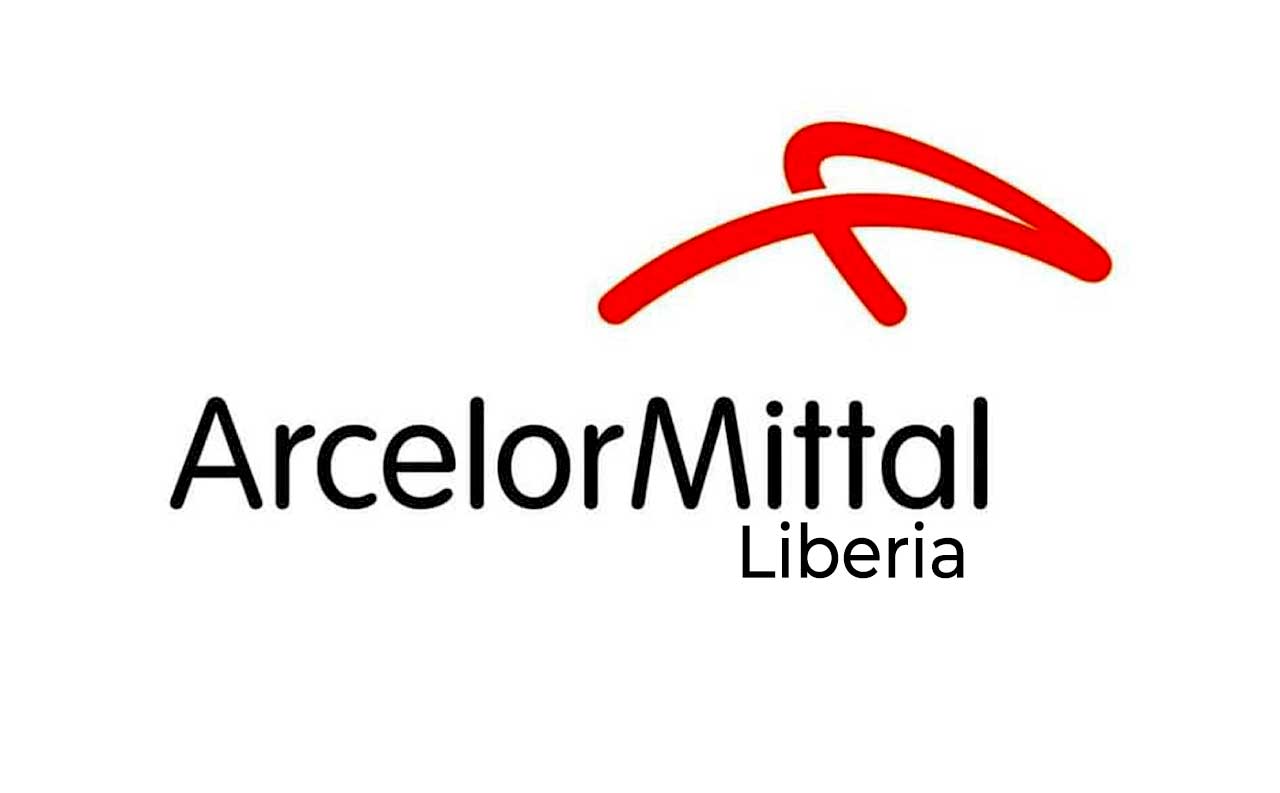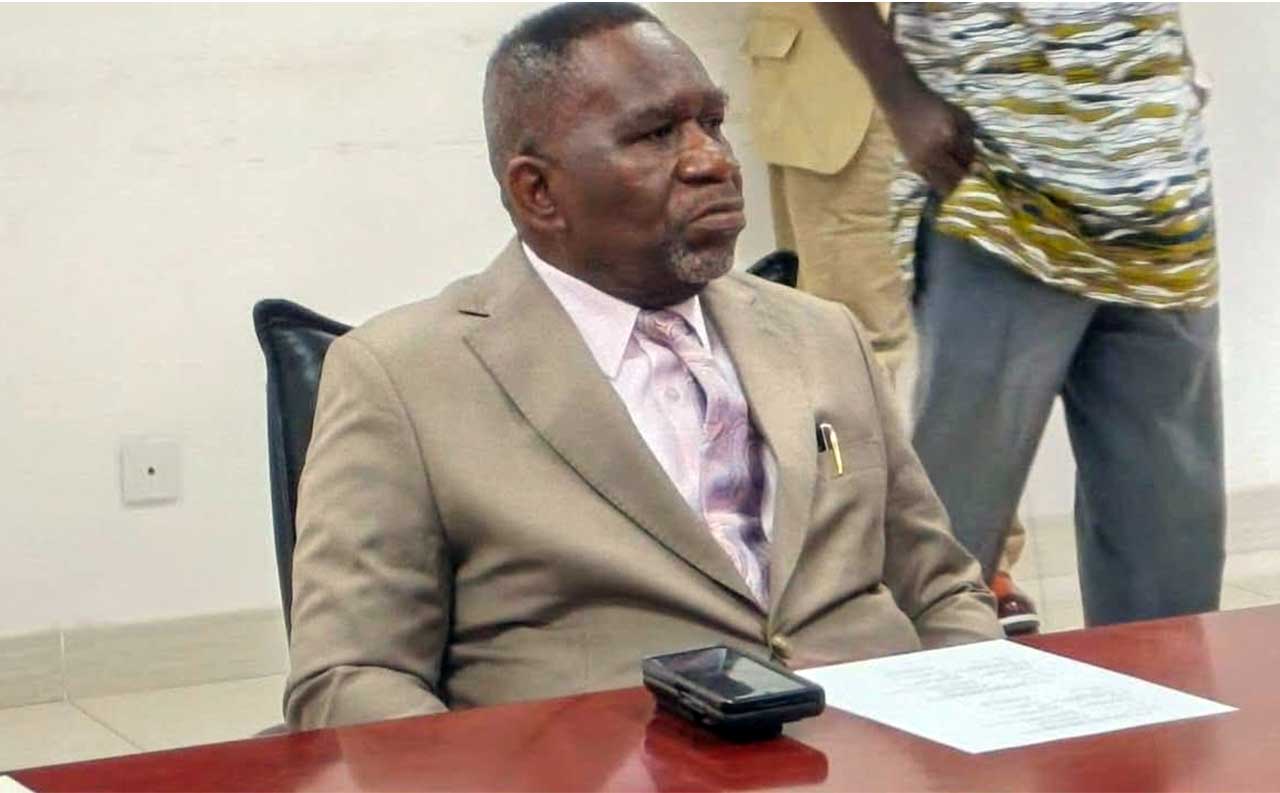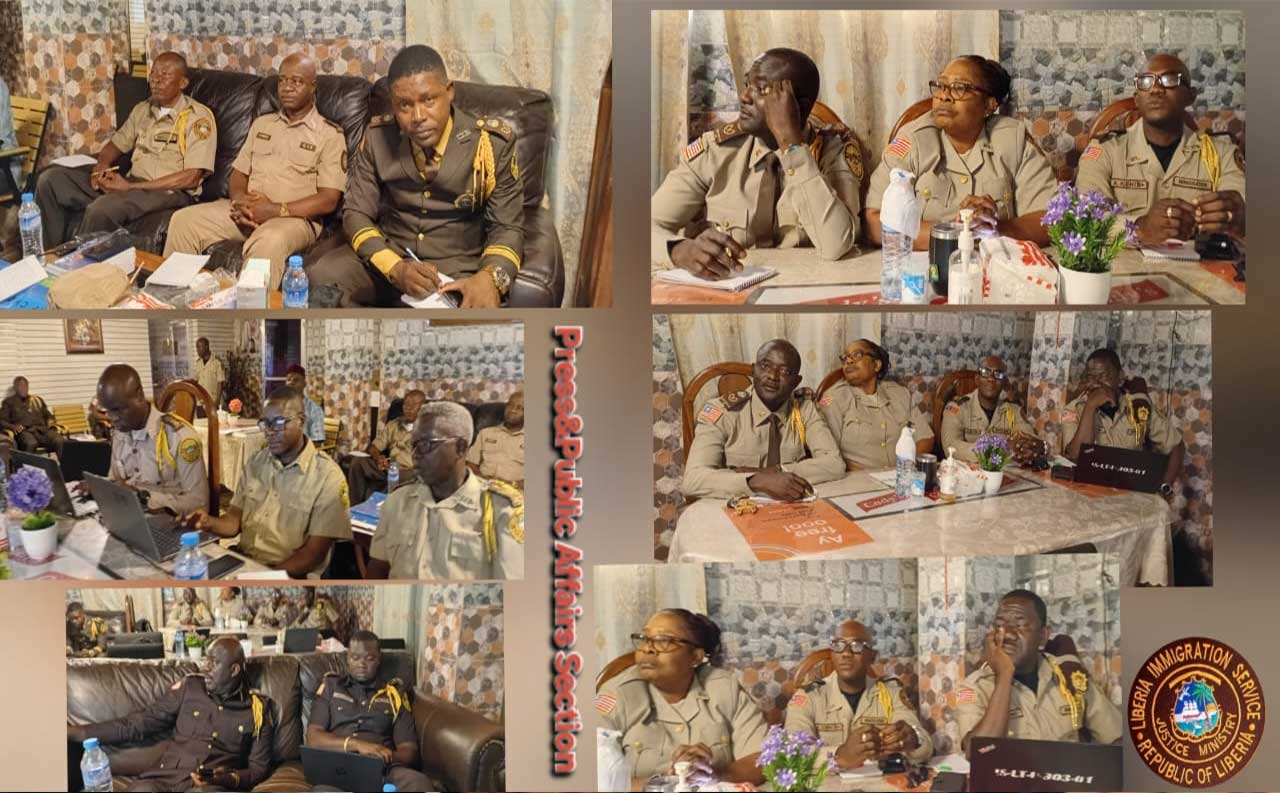As the draft amendment to ArclorMital Liberia’s (AML) Mineral Development Agreement (MDA) lingers with the Inter-Ministerial Concession Committee (IMCC), a supremacy clause contained in the document is said to be creating fear among stakeholders knowledgeable about multi-rail users. This skepticism is apparently geared toward protecting Liberia’s investment future so that its railway and port infrastructures are not monopolized; a source familiar with the agreement hinted. .
As deliberations on the draft amendment of the agreement continue among members of the IMCC, they show that the supremacy clause seems to be more than a legal test on Liberia’s sovereignty and national integrity.
This paper gathered that the controversy, which lies over a so-called “supremacy clause,” contained in the deal, declares that the AML agreement shall prevail in the event of any conflict with Liberian law. “This is a blatant attempt to circumvent the constitution. It implies that a private foreign corporation can stand above the Republic’s laws; a notion that strikes at the very foundation of national sovereignty,” a legislator frowns.
As the IMCC brainstorms to correct the deal in a way that it protects Liberia’s interest, some of the members expressed fear that the ‘supremacy clause’ would not only subvert Liberia’s legal authority; but also, it would cement a system of economic monopoly that undermines competition and discourages future investment.
“By giving AML effective control of the Yekepa–Buchanan rail and port corridor, the proposed amendment would blur the lines between public oversight and private control of strategic Liberian infrastructure. This corridor linking the iron-rich Nimba highlands to the Atlantic coast is not merely a mining asset, it is a strategic artery,” a member speaking on the basis of anonymity hinted this paper.
It is believed that – with the passage of the National Rail Authority Act, multiple users, including other mining companies, domestic industries, and regional trade partners could be served. Discussions are said to be heated among members of the IMCC as they are divided over the clause that portrays monopoly. They insist that such clause risks locking Liberia into a one-company model that stifles competition, deters new investors, and suppresses broader economic growth.
An analysis of the draft concession agreement shows that foreign companies are far less likely to invest in a country where critical transport infrastructure is monopolized by a single concessionaire — especially one whose contractual privileges supersede national law.
Reflecting on President Joseph Nyuma Boakai’s “Think Liberia, Love Liberia, Build Liberia” philosophy, a legislative insider stressed that “Liberia cannot credibly present itself as open for business while granting one corporation exclusive rail and port rights. This undermines the president’s dream for a better Liberia. It can be recalled in 2023, the Legislature rejected AML’s third amended MDA for similar reasons. Lawmakers of the 54th Legislature recognized that exclusive control of the Yekepa–Buchanan line posed a direct threat to sovereignty and fair competition.
“No foreign investor, no matter how established, should wield powers that override the state or block new entrants from fair participation,” some lawmakers said at the time the deal was rejected. Equally concerning as The NEWS has been informed, are reports that negotiations for the revised MDA have shifted from the National Investment Commission (NIC) — the legally mandated chair of the Inter-Ministerial Concessions Committee.
President Joseph Nyuma Boakai’s ARREST Agenda envisions the creation of a National Rail Authority to guarantee multi-user access to Liberia’s rail corridors, a vision which the draft amended AML’s agreement is on the verge of undermining if the document is approved in its current form.



